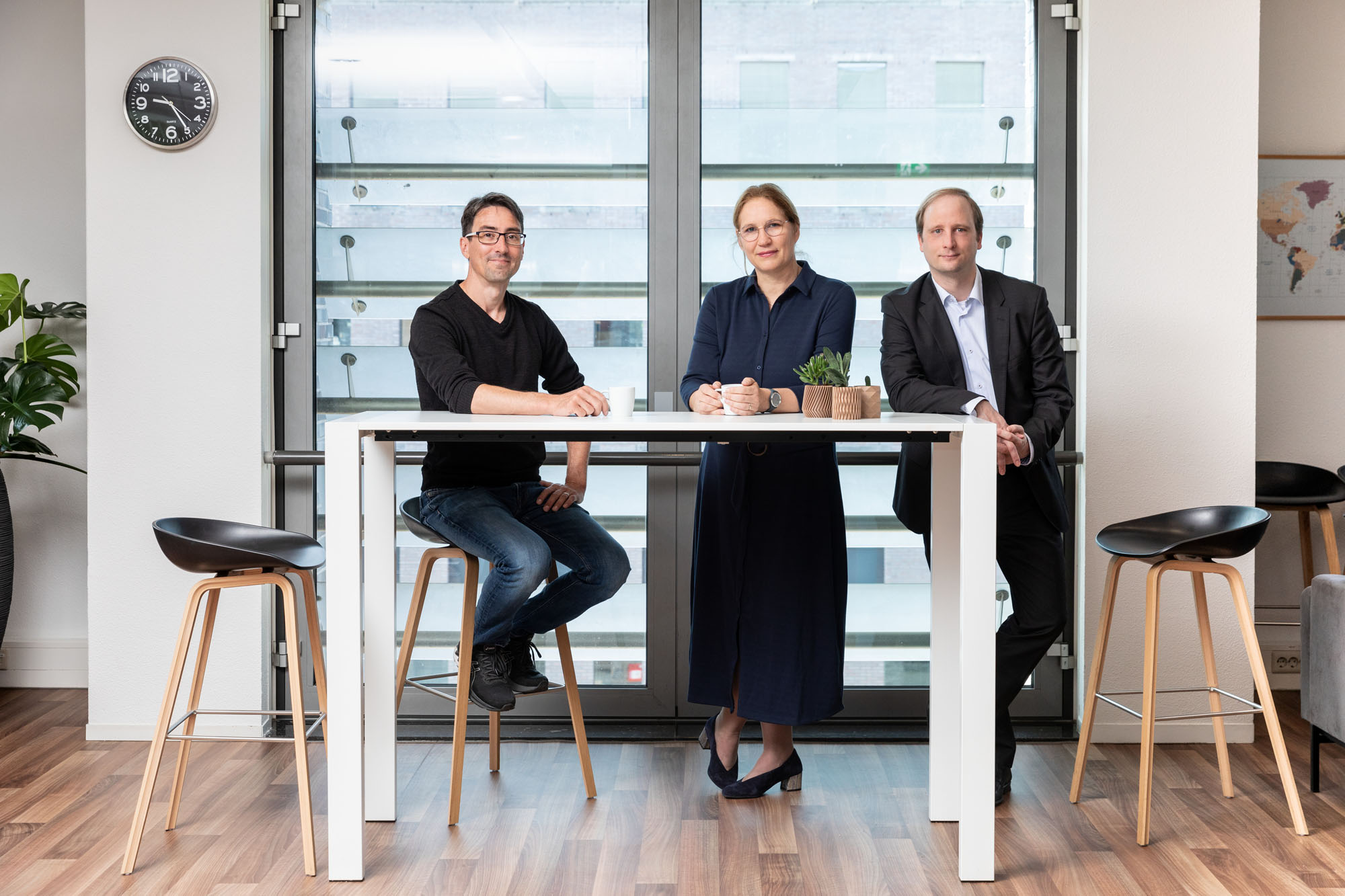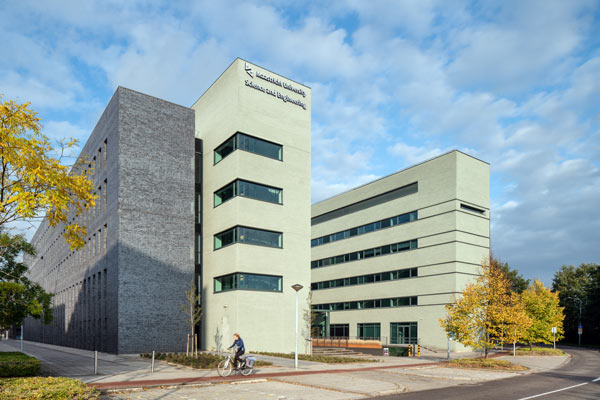New ‘supergroup’: DKE and IDS jointly become Department of Advanced Computing Sciences
The new department broadly covers research and education in artificial intelligence, computer science, data science, mathematics and robotics. Over 100 staff members find their home in the new group, which is embedded in the Faculty of Science and Engineering.
All current activities, education and collaborations of the Department of Data Science and Knowledge Engineering (DKE) and the Institute of Data Science (IDS) will continue as part of the new Department of Advanced Computing Sciences.
Forward together
Teaming up presents a win-win situation for both DKE and IDS, whose research and teaching has become increasingly complementary. So complementary in fact, that the idea to form a new department came directly from the groups themselves.
The new Department of Advanced Computing Sciences in numbers
100 researchers
11 professors in total: 1 distinguished university professor, 7 full professors and 3 endowed chairs
More than 80 public-private collaborations
Data Science and AI education to around 800 students in 3 dedicated study programmes
Roots tracing back to 1987

"Since its founding in 2017, IDS has made great strides to foster a strong and vibrant collaborative environment for interdisciplinary research and education in Data Science and Artificial Intelligence", says Michel Dumontier, Distinguished Professor of Data Science and chair of IDS. "The establishment of a new department with our DKE colleagues can only strengthen our positioning in the responsible development and application of data-driven systems with broad social and economic benefit."
Professor Mark Winands, who is the current chair of DKE and will become chair of the new department, also commends the synergy: “The power of this new department lies in its broad scope. DKE is particularly strong when it comes to developing new methods and techniques, in advancing the technical state-of-the-art itself. Together with IDS we serve the entire chain – from fundamental research and development to implementation, application and teaching – from one central place within the university."
New department structure,
familiar places
Given the strong interfaculty presence of IDS, the Institute will retain its own identity and visibility as part of the new department. The Department of Advanced Computing Sciences will continue to play an active role in various Brightlands campuses and institutes.
Growth potential
The formation of the Department of Advanced Computing Sciences fits in with a broader trend. For some time now, Limburg has been making significant strides in the fields of STEM: science, technology, engineering and mathematics. Both the Faculty of Science and Engineering and the Brightlands campuses are focal points of these developments.
Astrid Boeijen, CEO of the Brightlands Smart Services Campus in Heerlen, commented: “This is a fantastic development for the Brightlands Smart Services Campus. The merger of both departments, both with digitization at their core, increases the opportunities to accelerate the ambitions of the AI-hub Brightlands. This allows us to jointly invest in major challenges in the field of digitization and AI on the way to broad prosperity for our region and for the Netherlands.”
The dean of UM’s Faculty of Science and Engineering, Thomas Cleij, shares Boeijen’s enthusiasm. “The establishment of the Department of Advanced Computing Sciences is an important milestone in the growth of our faculty, consolidating the most important UM research activities and expertise in data science, AI and computer science, in a single FSE department. I am looking forward to the growth and synergy this will create!”
Do you have a challenge related to Data Science, Artificial Intelligence or Computer Science? Are you interested in working with the Department of Advanced Computing Sciences to solve it? Feel free to reach out!
Photography: Philip Driessen

The Department of Advanced Computing Sciences is housed in FSE's building at Paul-Henri Spaaklaan 1.